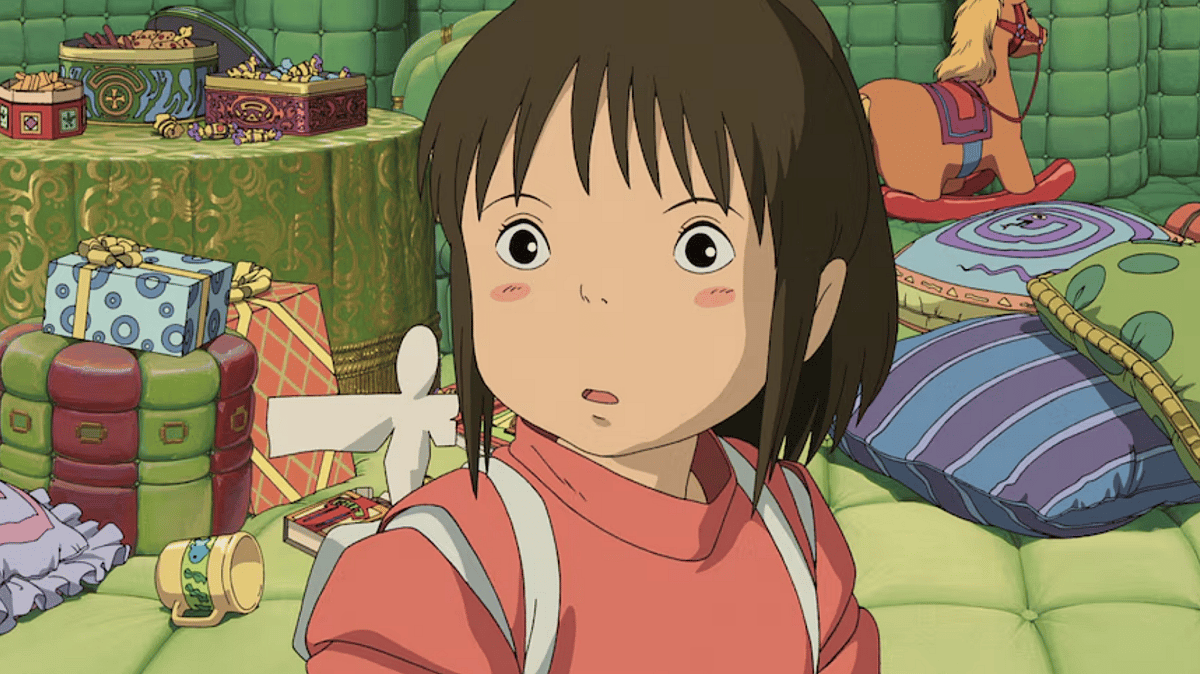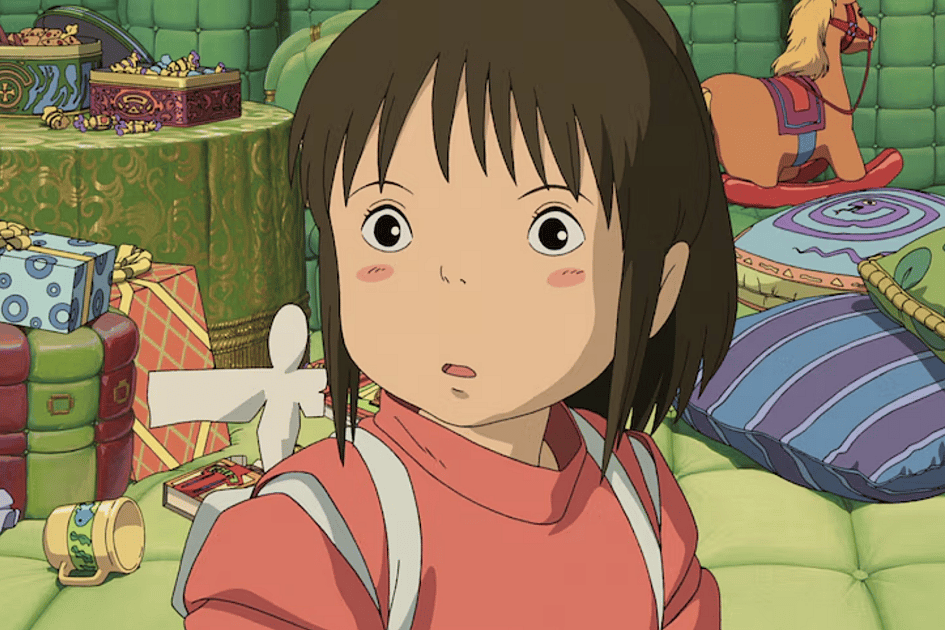
“Artificial intelligence (AI) makes theft easy.” A visual artist reacted to the Ghibli trend that has become viral. Since the AI animation images in the animation style continue to captivate worldwide, artists in the region express concern.
They fear that the Ghibli trend could overshadow individual artistic expressions. This trend has spread quickly on social media platforms like Instagram, whereby people transform their own photos into the Ghibli style.
Since more and more creators take over this style to attract attention and supporters, the hashtag #ghibli has exploded. It now has countless contributions that include everything from home culture about food and landscape design. Some companies also used it to present their workers and their workplace in the art style.
Stay up to date with the latest news. Follow KT on WhatsApp channels
Luqman, a multidisciplinary Emirati artist, admitted that artificial intelligence would exist and will develop, but emphasized that society is still in the primitive phases of understanding of its skills. “Over time, rules and laws will arise, but what happened is unhappy. I hope the artist wins his case so that laws are determined to limit the abuse of this technology.”

He referred to the Ghibli co-founder studio, who submitted a lawsuit against Openai for copyright infringement.
Luqman was one of the first to take the technology in the VAE in the VAE in 1996 and used digital art in his exhibitions. “I have no problem with the popularity of digital art, but where rights and ethics end when it comes to using the properties of others?”
“I personally accept technology, but not in a way in which I simply press a button and work as mine. I use it as a tool that helps and inspires me,” he said.
However, Luqman emphasized the risk of artists to present the works of others than their own, and noticed: “When it tends to see how they look good for people, but if someone benefits financially from work without owing the original creator, it becomes problematic.”
He pointed out that the Ghibli trend may be fascinating, but watering down the originality of individual artists. “This cartoon style, which we now see everywhere, is often misused, and it is wrong that everyone claims him as their own. In addition, the institutions that have worked on the use of this style are also to blame.”
Luqman also mentioned that he has a list of customers who appreciate the uniqueness of his work and understand the value of the history of an artist. “You don't want work together; you want something unique.”
The Sudanese artist Soma Siddig, who lives in Sharjah, said Ki could never replace artists. “Ki art is repeated and the uniqueness is missing. Creativity and human quality only live in human artists.”

She believes that AI can develop in the artistic field, but will never achieve the measure of creativity and ideas that people own.
Shama Khalil Al Ashkhari, an Emirati painter and art entrepreneur from Al Ain, emphasized how fast AI is and saves time. However, many still prefer the personalized touch of painters.
“There are details that a painter adds that no AI can replicate, and there will always be the uniqueness between the two.”
Ruqayya al-Bright
Ruqayya Alqaydi is a special correspondent with a newborn at your side and an endless curiosity for Le…More
